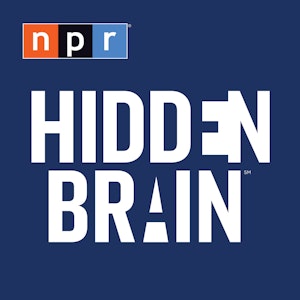Shankar Vedantam
Podcasts
Stories
-
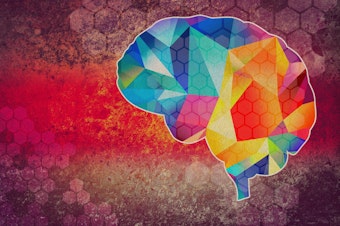
Did That Really Happen? How Our Memories Betray Us
Our memories are easily contaminated. We can be made to believe we rode in a hot air balloon or spilled punch on people at a wedding—even if those things never happened. So how do we know which of our memories are most accurate? This week, psychologist Ayanna Thomas explains how memory works, how it fails, and ways to make it better.
-
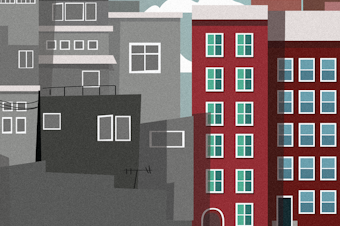
Zipcode Destiny: The Persistent Power Of Place And Education
There's a core belief embedded in the story of the United States — the American Dream. Today we look at the state of that dream as we revisit our 2018 conversation with economist Raj Chetty. We'll ask some questions that carry big implications: can you put an economic value on a great kindergarten teacher? How is it that two children living just a few blocks from each other can have radically different chances in life? And what gives Salt Lake City an edge over Cleveland when it comes to offering people better prospects than their parents?
-

In The Heat Of The Moment: How Intense Emotions Transform Us
In a fit of anger or in the grip of fear, many of us make decisions that we never would have anticipated. This week, we look at situations that make us strangers to ourselves — and why it's so difficult to remember what these "hot states" feel like once the moment is over.
-
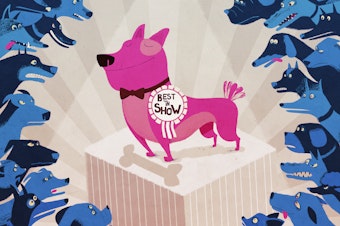
Feeding the Green-Eyed Monster: What Happens When Envy Turns Ugly
Envy is one of the most unpleasant of all human emotions. It also turns out to be one of the most difficult for researchers to study. And yet, there's mounting evidence that envy is a powerful motivator. This week, we explore an emotion that can inspire us to become better people — or to commit unspeakable acts.
-
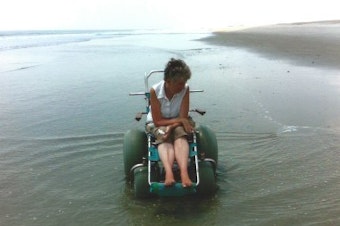
The Ventilator: Life, Death And The Choices We Make At The End
Many of us believe we know how we'd choose to die. We have a sense of how we'd respond to a diagnosis of an incurable illness. This week, we have the story of one family's decades-long conversation about dying. What they found is that the people we are when death is far in the distance may not be the people we become when death is near.
-
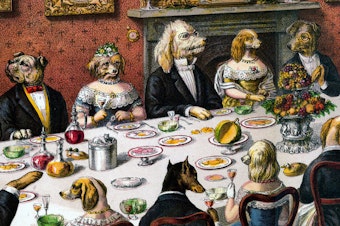
Hungry, Hungry Hippocampus: The Psychology Of How We Eat
Anyone who's tried (and failed) to follow a diet knows that food is more than fuel. This week, we revisit our 2018 episode about the psychology behind what we eat, what we spit out, and when we come back for more.
-
Hidden Brain: Does Going To Church Improve Your Mental Health?
It's been debated a long time: Does being part of organized religion improve your mental health? A new study finds that religion can buffer adolescents against depression.
-
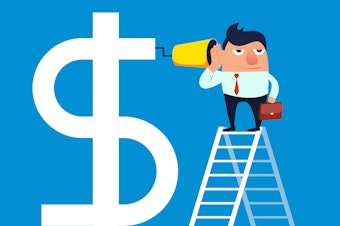
The Talk Market: How Stories and Psychology Shape Our Economic Lives
Can we affect the rise and fall of the economy? This week on Hidden Brain, we talk with Nobel Prize-winning economist Robert Shiller about the powerful ways in which stories and psychology shape our economic lives. He argues that narratives affect not just the purchases we make as individuals, but the fate of our entire economic system.
-

BS Jobs: How Meaningless Work Wears Us Down
Have you ever had a job where you had to stop and ask yourself: what am I doing here? If I quit tomorrow, would anyone even notice? This week on Hidden Brain, we revisit our 2018 conversation with anthropologist David Graeber about the rise of what he calls "bullsh*t jobs," and how these positions affect the people who hold them.
-
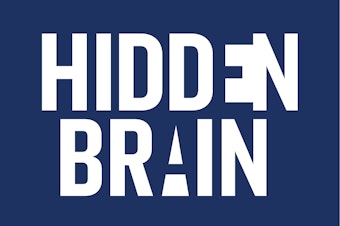
What Monkeys Can Teach Us About Being Human
What makes the mind of a human different from that of other animals? Psychologist Laurie Santos says we can't know the answer to that question if we only study humans. This week, we turn to Laurie's work with monkeys to understand which parts of human behavior are distinct, and which we share with other species.
